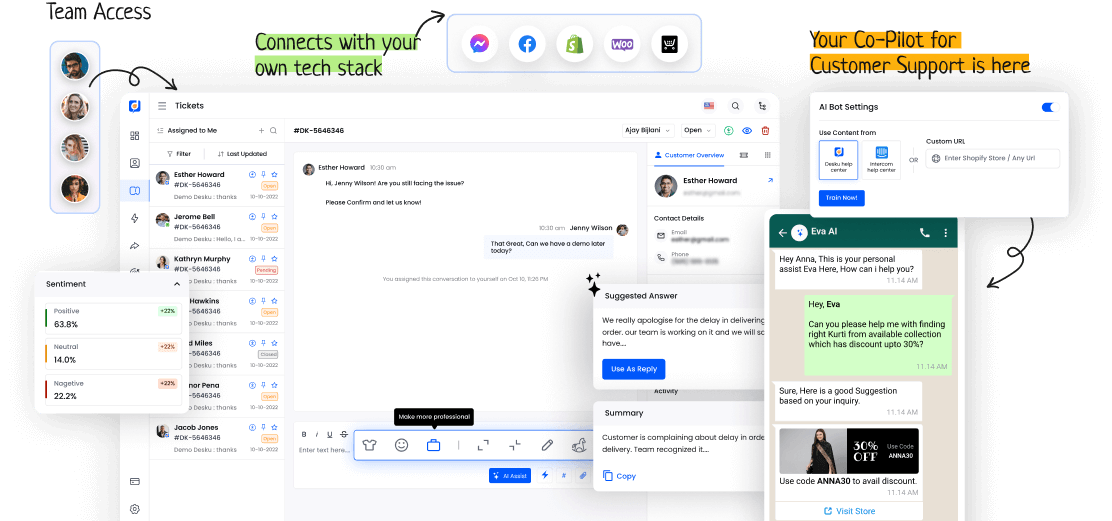A call center app is a key tool in today's fast business world. It's not just for handling calls. It has features made to change how customers interact with businesses.
It helps make communication easy and operations efficient. It meets the demands of modern customers. The impact of a call center app is deep. It shows the power of this new technology.
I. Understanding Call Center App
Grasping the Call Center App is key for businesses aiming to make their customer service operations smooth and effective.
By using a Call Center App, firms can enhance their efficiency and lift customer happiness. This tool allows agents to deal with incoming calls, oversee customer questions, and follow performance measures without a hitch.
Adopting a Call Center App gives businesses the power to offer outstanding service while fine-tuning their operational procedures.
II. Key Features of a Call Center App
A Call Center App lets businesses boost their customer service. It manages customer talks and improves work processes. Major features are:
- Options to link up with current systems for smooth interaction.
- Chance to adjust the app to meet unique business demands.
- Clear communication paths for prompt customer help.
- Live data analysis to watch performance and make choices based on facts.
III. Benefits of Using a Call Center App
Using a Call Center App makes customer talks smoother. It also boosts how a business runs. Call routing, real-time data, and CRM integration are some features.
These features make customer service better. They make responses faster and more personal. Efficiency gets a boost. This means shorter wait times and more productive agents. Customers are happier.
Call Center Apps are good tools for businesses that want excellent service.





